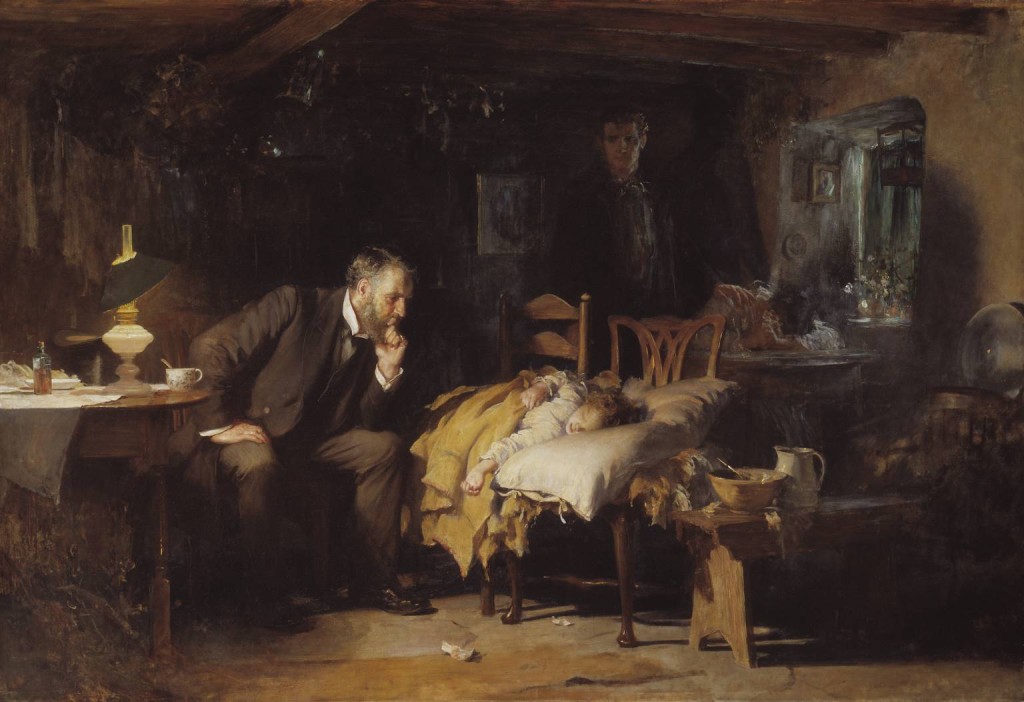My friend Rachel Kranz alerted me to Alastair Gee’s article in The New Yorker about how medical journals are increasingly including poetry in their pages. In oral cultures it was normal to combine poetry and medical knowledge because that was the the most effective way to transfer information from one generation to the next. Gee alerted me to the fact that the 11th century Islamic thinker Avicenna
summarized his Canon of Medicine, one of the foundational encyclopedias of early medical knowledge, in a poem. It was written in rajaz metre, whose structure made it particularly easy to remember, and disseminated throughout medieval Europe in Latin translation. (Avicenna’s advice on dealing with convalescents: “Try to lift their spirit through welcome words and pleasant company; / Give them sweet-scented perfumes and flowers.”)
For much of the 20th century, by contrast, many doctors have seen poetry as fairly useless, at least with regards to their profession. That has been changing in recent years, and increasingly pre-med students have been enrolling in my literature classes because medical schools want well-rounded doctors. Now medical journals are following suit.
Some of the poems cited by Gee’s article are in the poetry-as-transmission-of-knowledge tradition, such as “The Uncerative Colitis” written by pathology professor Sanjeev Narang and published in The International Journal of Medical Science Research & Practice:
Begins in the rectum and backwards it goes
No mercy to any part of colon it shows.
Continuous it is, skip areas without
Ulcerative colitis it is, without a doubt.
Mucosa has ulcers, you should know
Linearity & superficiality they show.
Muscle contracted & narrow, problem does pose
Provides it, the appearance of a garden hose.
Sometimes it waxes and sometimes wanes
Accordingly active or resolving status it gains.
Crypt abscesses are always produced
And goblet cells are markedly reduced.
Congestion & mucosal regeneration noted have been
Dysplasia to Neoplasia-spectrum entire is seen.
If I’m suffering from uncerative colitis, I’m all for poetry that helps my doctor visualize the problem and remember what to do. The “no mercy” part sounds terrifying.
Then there is the poetry that wrestles with questions of meaning. Gee’s article has several rich statements by poetry editors, such as the observation of Michael Zack of the pulmonary journal Chest, that poetry is
a tool physicians may use to express or visit that whole vastness beyond their scientific intellect.
And a comparison of patients to poems by Johanna F. Shapiro, co-editor at Families, Systems, & Health:
You think a patient is going to be like a well-organized essay, but what you really get is a poem. You’re not sure what they mean, and they don’t tell you everything all at once, up front.
And a contrast noted by Charlene Breedlove, poetry editor at the Journal of American Medicine, between the medical articles, whose purpose is to “narrow the amount of interpretability in what you’re saying,” and poetry, which
moves in the opposite direction—it moves to open the possibilities of language. It wants to explore unnoticed possibilities.
Michael LaCombe, poetry editor for the Journal of Internal Medicine, cited the following Shakespearean-style sonnet as his favorite amongst those he has published. It was written by a New York internist and reminds medical professionals of something they sometimes forget. Poetry is good at restoring perspective:
The Morning Rounds
By George N. Braman
He’d sometimes stop and stare long into space
In mid-sentence, as if recalling sounds;
“He’s lost the thread again,” I’d muse, and grace
The awkward pause with words, resuming rounds.
He’d stop at still another patient’s side,
And he’d start an easy conversation
At which he was adept; then gently glide
To the chart lodged at the nurse’s station.
“He’s still the master,” I’d grant and conclude
Not to let him down, even if the fact
Of this or that lab value might elude
His grasp or his RX was inexact.
His patients glowed with convalescent thanks;
We, his entourage, gladly filled the blanks.
Previous posts on Poetry and the Medical Profession
Medical Schools Should Require Poetry
John Donne and Bad Bedside Manner


